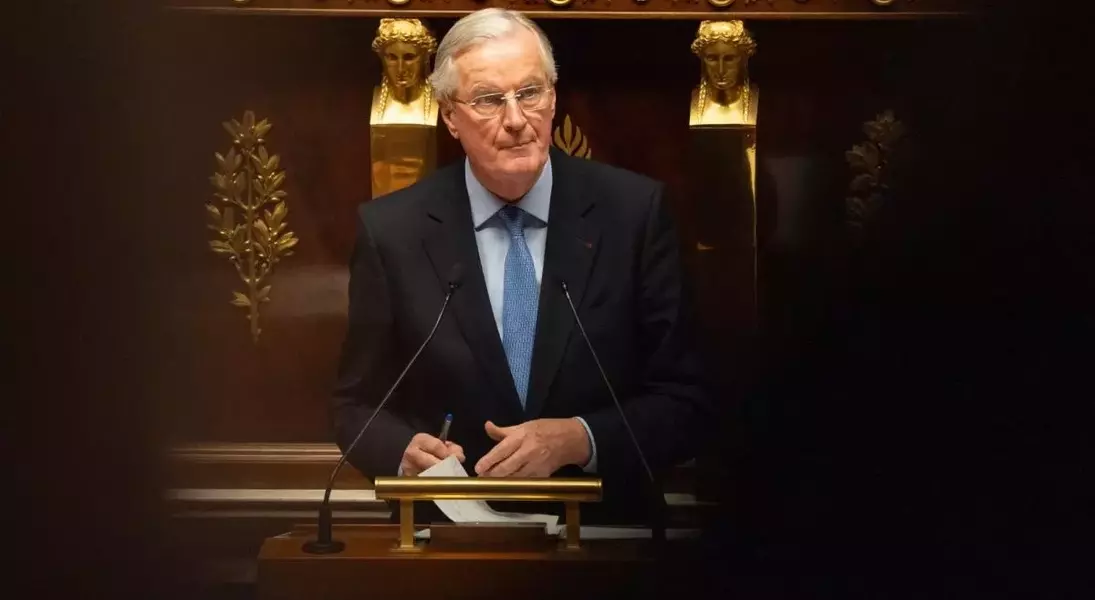
Unprecedented Political Movements and Their Impact on French Bonds
Political Drama and Its Ripple Effect on French Markets
French bond futures have been in a state of flux due to the months-long political drama. President Emmanuel Macron's call for snap legislative elections led to a fractious coalition divided over fiscal plans. This division has resulted in increased borrowing costs relative to Germany, reaching above 80 basis points and touching the highest since the euro-area sovereign debt crisis.
The most recent event, the majority of lawmakers in the National Assembly supporting a no-confidence vote against Prime Minister Michel Barnier's administration, further added to the uncertainty. This vote came after the close of regular trading and was expected by investors, as both Le Pen's National Rally and the leftist Socialists had indicated their intention to bring down the government.
Investor Sentiment and the Outlook for French Deficit
Investors are expressing pessimism about the outlook for the French deficit. Alex Everett, an investment manager at abrdn, stated that continued malaise, a lack of decision-making, and insufficient progress towards debt sustainability would likely lead to French spreads moving towards 100 basis points over Germany. This sentiment reflects the concerns among investors regarding the nation's fiscal health.
The development also poses challenges to efforts to trim the nation's ballooning deficit. The budget gap is forecast to widen to more than 6% of gross domestic product this year, double the limit set by the European Union's rules. Barnier's government initially presented a bill with €60 billion ($63 billion) of tax increases and spending cuts aimed at reducing the deficit to 5% of economic output in 2025. However, despite making concessions on the budget, the National Rally and the leftist coalition still called for the votes of no confidence.
Macron's Next Move and the Future of the French Government
With the no-confidence vote passing, Macron now has the task of appointing a new prime minister. There is no constitutional deadline for his decision, and he has previously stated that he would not resign until his full term had ended. The next presidential election is set for 2027, and Le Pen remains the frontrunner according to polls.
Reinout De Bock, UBS Group AG's head of European rates strategy, believes that political risks are now well-priced by the markets. The euro remained little changed at $1.05 as of 2:50 p.m. in New York, having weakened more than 6% from a September peak as the market anticipates more monetary easing in the euro-area to offset a weakening economy.
Shaun Osborne, the chief currency strategist at Scotiabank, suggests that the current government is likely to continue in a caretaker form for now. The loss of the no-confidence vote means that further concessions will have to be made to get the budget passed, which could result in some weakening in overall fiscal policy settings.
While the euro "can weather this for now," Osborne added that it may come under pressure later in December given the deadline to pass the budget. The situation remains highly uncertain, and the outcome of these political developments will continue to shape the future of French bonds and the economy.
